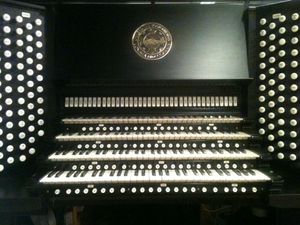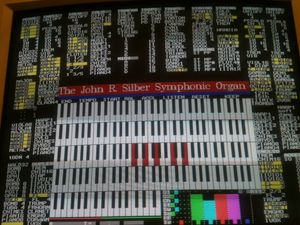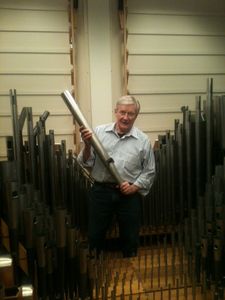Sua Morales – CCD/ERC Ambassador
BU is a big school that offers a lot of majors, and I get it: being undecided is tough. Your friends may know what they’re majoring in while you’re still wandering through general requirements.
Hopefully the following tips will help you find some clarity.
A major is only a set of classes.
Your major does not determine your future. Ultimately, your major comes down to a set of 10-15 classes, so do your research before you declare.
Do your research.
If you’re going to spend $56,184, you should know what classes you’re taking for your money. Look at the list of majors and minors online and find the set of classes that appeals to you.
You can only be good at what you practice.
Think about skills you want gain and develop after college because some majors will require you to practice a specific skill. For example, the College of Communication public relations concentration focuses on general writing technique, but the College of Arts and Sciences International Relations courses emphasized creating and defending arguments.
Remember, it’s okay to give yourself time to choose a major. Boston University has over 250 areas of study – find what suits you and you can’t go wrong.
I picked my major after going through the 2009 hard-copy bulletin and reading descriptions of every single classes BU offered. I highlighted the classes that sounded interest and I chose the section with the most yellow in it: Public Relations in COM. I love it.
 Nelson Barden, BU’s organist and restorer-in-residence, appeared after the piece ended and he was happy to see a listener. I asked him what he had just played and he said it was “Go BU”.
Nelson Barden, BU’s organist and restorer-in-residence, appeared after the piece ended and he was happy to see a listener. I asked him what he had just played and he said it was “Go BU”. Shortly before Dr. Metcalf’s death in 1994, Nelson played Shubert’s March Militaire and the Battle Hymn of the Republic for Dr. Metcalf and BU Academy students. Dr. Metcalf, watching from the back row said, “This is what I always dreamed of; something for the kids. Something that would catch their attention.” Nelson and Dr. Metcalf always assumed the organ would become engrained into the university culture beyond simply an impressive restoration project.
Shortly before Dr. Metcalf’s death in 1994, Nelson played Shubert’s March Militaire and the Battle Hymn of the Republic for Dr. Metcalf and BU Academy students. Dr. Metcalf, watching from the back row said, “This is what I always dreamed of; something for the kids. Something that would catch their attention.” Nelson and Dr. Metcalf always assumed the organ would become engrained into the university culture beyond simply an impressive restoration project. Not many buildings these days come equipped with a fused 1920s symphonic residence organ with an original computer from 1916. It is quite a rare and wonderful machine that took 16 years to complete.
Not many buildings these days come equipped with a fused 1920s symphonic residence organ with an original computer from 1916. It is quite a rare and wonderful machine that took 16 years to complete.
